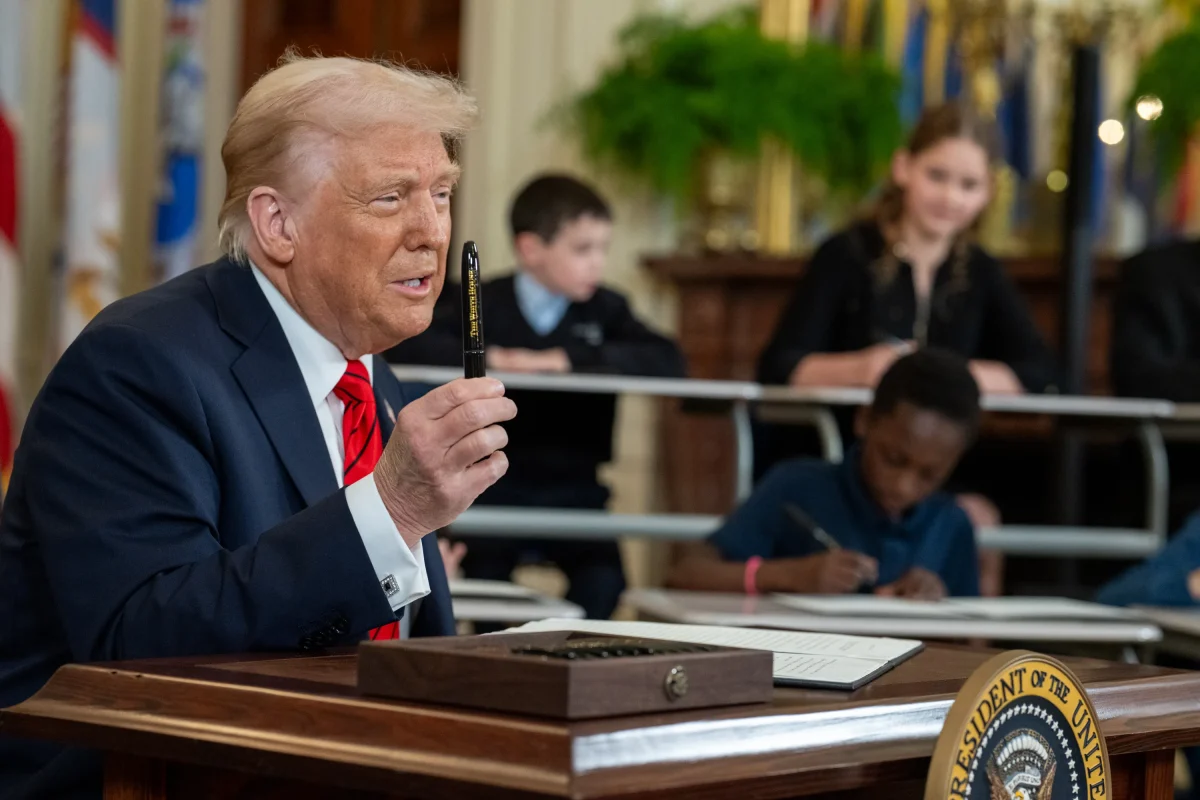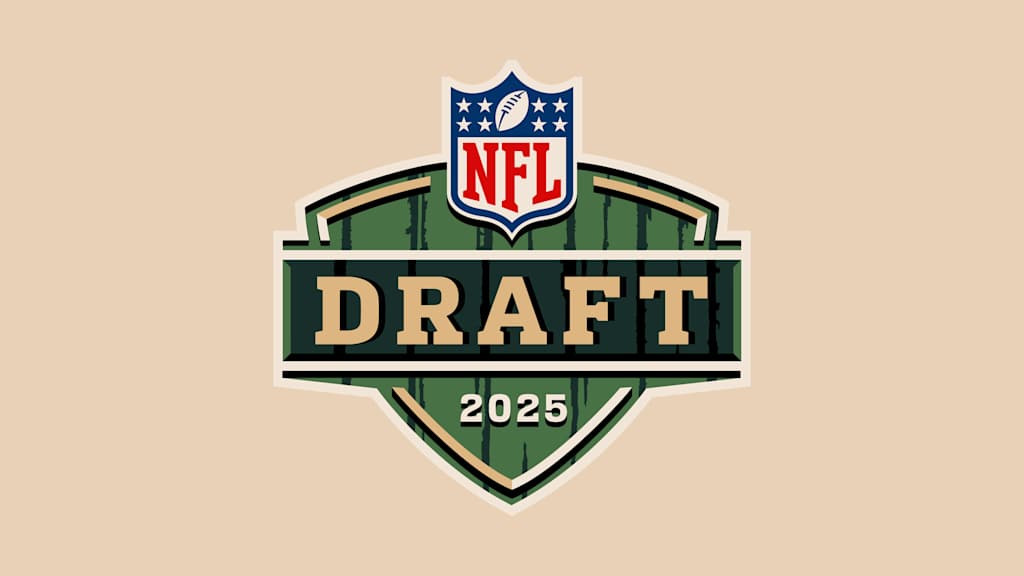The United States Justice Department is suing Apple, claiming that the company holds a monopoly in the cell phone industry.
On Thursday, March 21, U.S. Attorney General Merrick Garland announced that the U.S. government, along with 15 states, is filing a lawsuit against the tech giant. Garland alleges that the company’s business practices violate numerous anti-trust laws intended to promote competition in business.
Apple, founded in 1976 and known as the creator of the world’s most popular smartphone, the iPhone, reported revenue of nearly $400 billion for the 2023 fiscal year. This represents a record high for the company, and dwarfs the earnings of any of its competitors, including Samsung, Microsoft, and Chinese company Huawei.
Apple products comprised 59.9% of cellphone sales in the United States in 2023, trailed by Samsung, Motorola, and Google, according to StatCounter Global Statistics.
While Apple was a large company before the release of the iPhone in 2007, the company’s sales have grown massively since the product was released. It was the iPhone that catapulted Apple from a well-known tech company to one of the largest and most profitable companies in the world.
While some of Apple’s other products, including the MacBook, the iPad, and Airpods contribute significant revenue for the company, iPhone revenue far outpaces the earnings from any other Apple products.
“[Apple’s success] is in large part due to the success of the iPhone, Apple’s signature smartphone product,” Garland explained in the lawsuit.
During his announcement, Garland also focused on the massive revenue of the company, which he compared to the economies of countries.
“Over the last two decades, Apple has become one of the most valuable public companies in the world,” Garland explained. “Today, its net income exceeds the individual gross domestic product of more than 100 countries.”
Garland recognized that this Apple’s size alone does not represent an antitrust violation. Apple’s business policies, though, are in stark violation of the law, Garland said.
“As our complaint alleges, Apple has maintained monopoly power in the smartphone market, not simply by staying ahead of the competition … but by violating federal antitrust law.”
Anti-trust laws were first introduced during the American Gilded Age of the 19th and early 20th centuries, when several large corporations dominated the industrial landscape, such as Standard Oil Co., founded by John D. Rockefeller, and J. P. Morgan’s Northern Securities Co., a large railroad conglomerate.
“Antitrust legislation can be traced to the late 19th century and expansion of federal government regulation,” Dr. Pamela Maddock, History and Global Studies teacher at Williston, said.
The strength of anti-trust legislation was bolstered by the Interstate Commerce Act, Maddock explained, which continues to affect corporate regulation.
“Congress passed the Interstate Commerce Act—this was an act that flexed regulatory muscle at the federal level, rather than just at the state level,” Maddock said. “President Theodore Roosevelt, who was a reform-minded Progressive Era president, got the reputation for being a ‘trust-buster.’”
Even among those who support free market capitalism, there are a lot who believe that anti-trust legislation can help foster a freer and fairer economic environment.
Maddock stressed that anti-trust legislation can be an important part of promoting a competitive economic environment.
“On some level, free-market capitalism is supposed to mean as little government intervention as possible, but when a company gets so big that no other companies can compete with it, then it seems to ‘monopolize’ or take up the market in an outsized way,” she explained. “And then the idea is that that’s not a fair or free market anymore. And so the government steps in to regulate the market.”
Apple may be forced to make some changes to their business practices and services if the government’s lawsuit is successful. Among these changes could be adjustments to the ways their software operates and collects data.
“I think it’s largely about how they allow apps to function on their devices,” Maddock said.
Some have speculated that the lawsuit against Apple, which is one of the first major anti-trust lawsuits of its size in years, could lead to more ‘trust-busting’ of other companies. Some members of Congress have accused Big-Tech companies, like social media giant Meta, of having monopolies.
“If the case goes to the SCOTUS, and if SCOTUS rules in favor of the trust-busting, then yes, other companies could be next,” Maddock told The Willistonian. “Perhaps large entertainment networks or large telecom companies could be targeted.”
Despite the possibility of future trust-busting, Maddock noted that the Supreme Court has not restricted the mergers of several large companies, suggesting that they could rule in Apple’s favor.
“Some sizeable mergers have been allowed recently, so it doesn’t look like the current SCOTUS is interested in restricting big business any time soon,” Maddock said.
U.S. Sues Apple, Claiming Monopoly
3
More to Discover
About the Contributor
Olin Rose-Bardawil ’25, Editor-In-Chief
Olin Rose-Bardawil is a senior from Northampton, MA who has written for the Willistonian since 2021 and has served as its editor-in-chief since 2023. In his free time, he enjoys running, playing guitar, and reading about history.





















